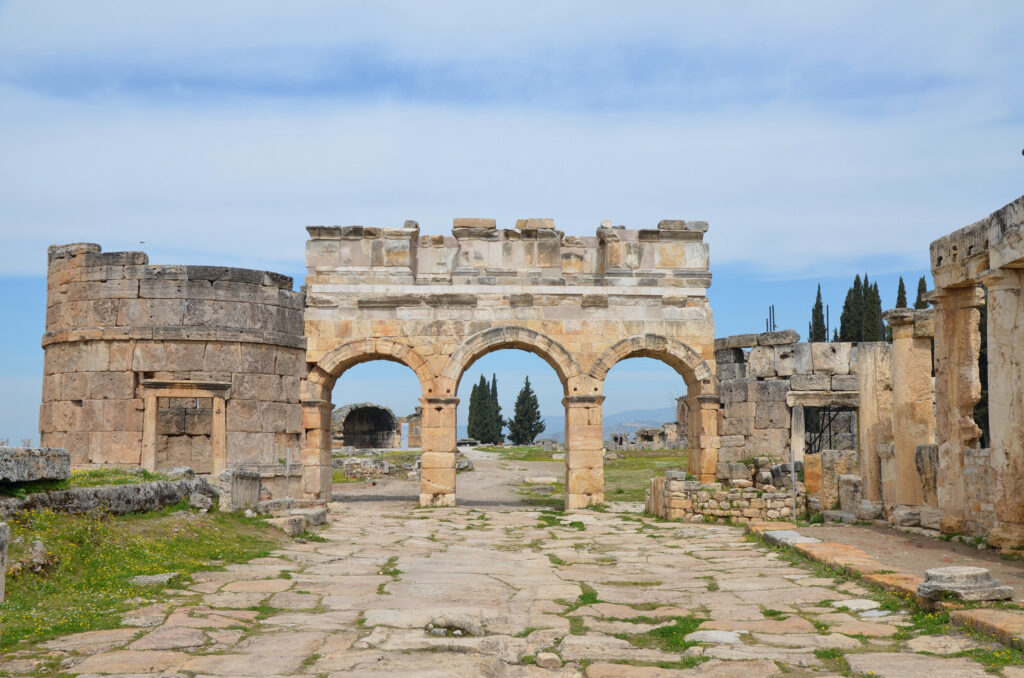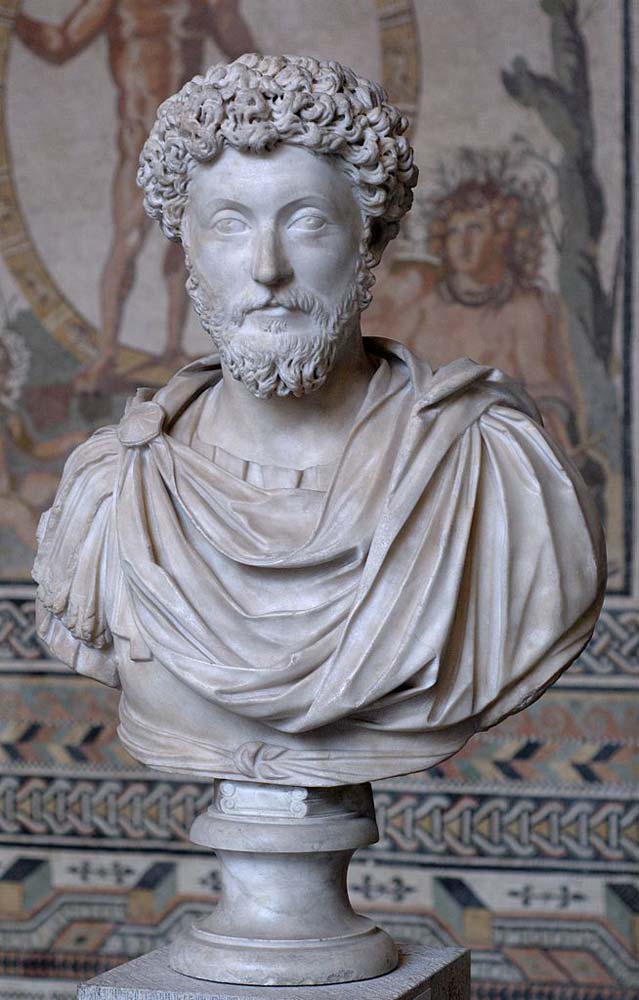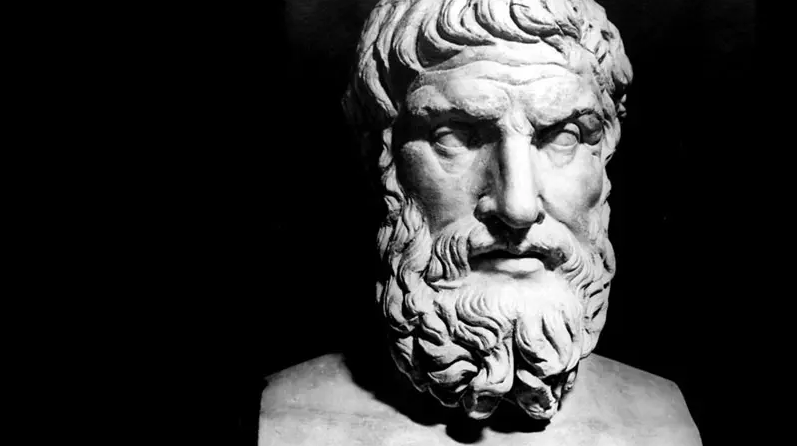In the annals of philosophy, few figures captivate the modern mind like the Greek philosopher Epictetus, a man whose journey from slavery to philosophical prominence offers timeless lessons in resilience and wisdom. His teachings, rooted in Stoicism, continue to inspire those seeking a life of purpose and tranquility. Unlike other philosophers of his time, Epictetus left behind no personal writings. Instead, his ideas were meticulously recorded by his devoted student Arrian, who transcribed his discourses into what we now know as The Discourses and The Enchiridion.
A Journey from Bondage to Freedom
Born around 50 AD in Hierapolis, Phrygia, Epictetus was born a slave. His name, derived from the Greek word for “acquired,” reflects his status at birth. He served Epaphroditus, a wealthy freedman and secretary to Emperor Nero. Despite the constraints of slavery, Epictetus was permitted to study philosophy under Musonius Rufus, a prominent Stoic philosopher of the time. This education laid the foundation for his future contributions to Stoic thought.

The Core of Epictetus’s Philosophy
Central to Epictetus’s teachings is the distinction between what is within our control and what is not. He emphasized that while we cannot govern external events, we have complete authority over our own actions, thoughts, and reactions. This principle is succinctly captured in his assertion:
“It’s not what happens to you, but how you react to it that matters.”
He divided all aspects of life into two categories:
- Things within our control – Our judgments, desires, aversions, and actions.
- Things outside our control – Wealth, reputation, other people’s opinions, and even our own body.
By focusing on the first category and accepting the second, we can achieve a state of equanimity.
The Enchiridion: A Manual for Life
Epictetus’s teachings were compiled by his student Arrian into works such as The Discourses and The Enchiridion (also known as The Handbook). The Enchiridion serves as a concise guide to Stoic philosophy, offering practical advice on how to live virtuously. It underscores the importance of aligning one’s will with the natural order of the universe and maintaining focus on personal virtue rather than external possessions or status.
Some key lessons from The Enchiridion:
- Detach from external outcomes – We suffer when we tie our happiness to things beyond our control.
- Embrace discomfort – Difficulties are opportunities to develop virtue and self-discipline.
- Do not seek validation – What others think of us is their concern, not ours.
Practical Applications of Epictetus’s Teachings
Epictetus’s teachings remain highly relevant in today’s world. His philosophy can be applied to areas such as:
1. Mental Resilience and Modern Psychology
His Stoic principles align closely with modern Cognitive Behavioral Therapy (CBT), which emphasizes changing thought patterns to influence behavior. Psychologists like Albert Ellis, the founder of Rational Emotive Behavior Therapy (REBT), credited Epictetus as a major inspiration.
2. Leadership and Business
Many leaders and entrepreneurs, including Tim Ferriss, Ryan Holiday, and Naval Ravikant, draw from Stoicism to develop mental toughness and decision-making clarity. Epictetus’s emphasis on self-discipline and inner control helps individuals navigate uncertainty in leadership and business.

3. Overcoming Anxiety and Stress
By internalizing the belief that external events are outside our control, people can avoid unnecessary worry. Studies suggest that practicing Stoic mindfulness can reduce anxiety and depression.
Influence and Legacy
Epictetus’s impact on philosophy is profound. His ideas have influenced a range of thinkers, from Marcus Aurelius to modern philosophers and psychologists. The emphasis on personal responsibility and the focus on internal rather than external factors resonate with contemporary discussions on mental health and well-being. His teachings encourage individuals to cultivate inner strength and resilience, principles that are as relevant today as they were in ancient times.

Moreover, Epictetus’s philosophy has been referenced in military training, particularly in the United States Marine Corps and Navy SEALs, as a framework for enduring hardship.
Epictetus’s Enduring Relevance
In today’s fast-paced world, where external circumstances often seem beyond our control, Epictetus’s teachings offer a pathway to inner peace. By concentrating on what we can control—our own thoughts and actions—and accepting what we cannot, we can navigate life’s challenges with grace and composure.
His philosophy serves as a reminder that true freedom comes from within, and by mastering ourselves, we can achieve a fulfilling and meaningful life. Whether applied to mental resilience, leadership, or daily struggles, Epictetus remains a beacon of wisdom in an ever-changing world.
Epictetus’s journey from slavery to philosophical eminence exemplifies the power of the human spirit to overcome adversity. His teachings continue to inspire those seeking wisdom and tranquility in the face of life’s uncertainties. By embracing his Stoic principles, we can learn to live with purpose, resilience, and inner peace. Epictetus’s words serve as a compass for navigating the uncertainties of life.

If you feel like exploring more of the ancient wonders and mysteries or deepen your philosophical knowledge then browse the Philosophy & Archaeological discoveries section of our community.

